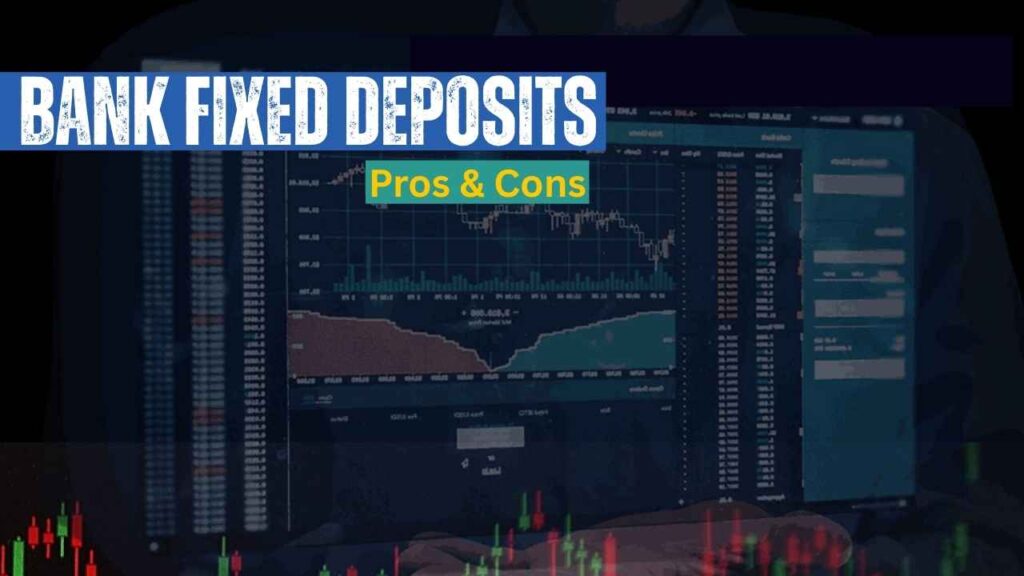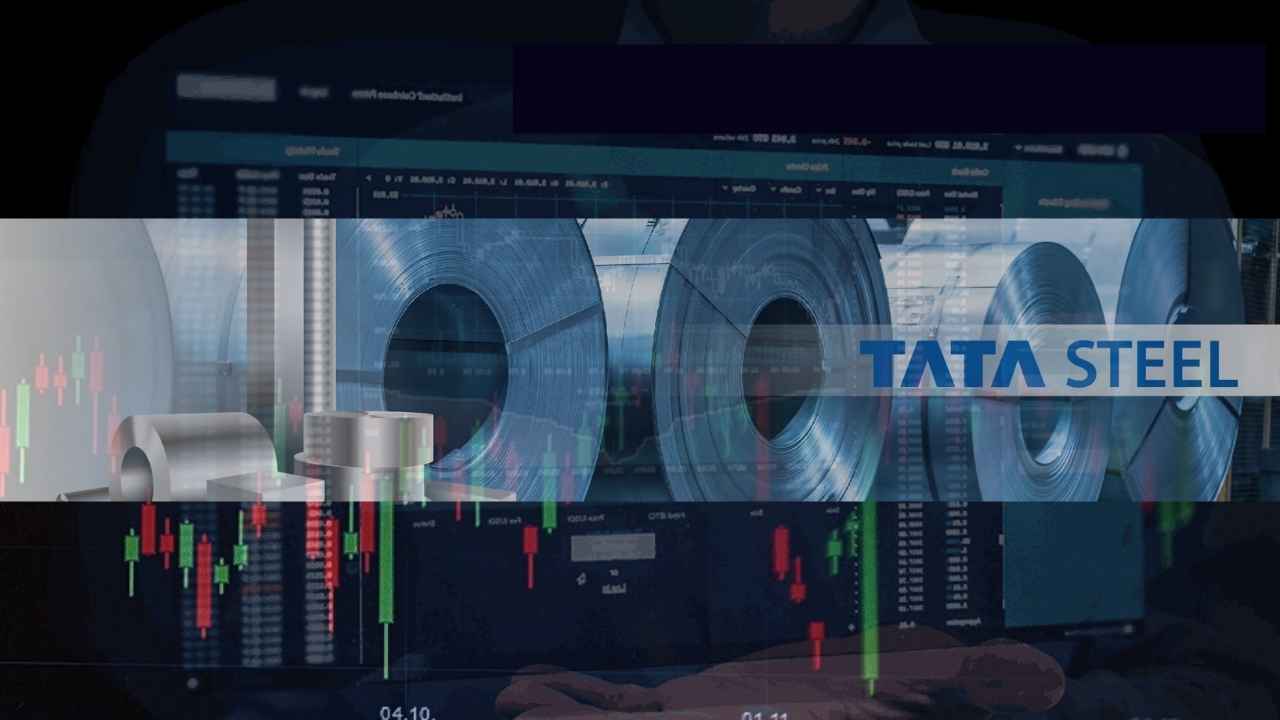Bank fixed deposits (FDs) have been the preferred investment of conservative savers—our grandparents and parents, too—looking for a secure vehicle for retirement and future safety planning. While over time, FDs have improved in terms of accessibility and features, there are now various types to choose from, ranging from tax-saving schemes to senior-citizen schemes. Here, we dissect the major pros and cons of bank FDs to assist you in determining if they meet your financial objectives.

Benefits of Fixed Deposits
- Guaranteed Capital and Low Risk
Unlike equity mutual funds or direct stock investments, bank FDs assure your principal at maturity. Their low volatility makes them suitable for risk-averse investors. - Flexible Interest Payouts
You can receive interest monthly, quarterly, or annually—perfect for topping up income. Alternatively, go for cumulative FDs that reinvest interest until maturity. - Tax-Saving Fixed Deposits
Under Section 80C of the Income Tax Act, you can invest a maximum of ₹1.5 lakh in a 5-year tax-saving FD. As your principal is locked in, your annual taxable income reduces. - Deposit Insurance Up to ₹5 Lakh
Due to the revised DICGC Act, every depositor is covered up to ₹5 lakh in one bank. In case your bank goes into moratorium, you can recover the covered amount within 90 days. - Senior Citizen Concessions
Investors 60 and above have higher interest rates and an additional ₹50,000 tax exemption on FD interest for each financial year. - Loan Against FD
Want liquidity without closing your FD? Most banks provide loans against your deposit, generally up to 75–90% of the FD amount, at interest rates of about 8–10%.
Disadvantages of Fixed Deposits
- Inflation Risk
FD rates are fixed for the term. If your FD pays 5% but inflation is 6%, your real return is negative, diluting purchasing power in the long run. - Penalty on Premature Withdrawal
Early withdrawal attracts a penalty—often 0.5–1%—and could reduce your effective interest. Always check the bank’s pre-closure charges before committing. - Taxable Interest for Non-Seniors
Earn over ₹40,000 (or ₹50,000 for seniors) in FD interest? Banks deduct TDS at 10%. You can claim the TDS back when you file your income tax return, but the process can be cumbersome. - Fixed Interest Rate
When market rates rise, your locked-in rate doesn’t adjust. You miss out on potentially higher yields unless you break and renew your FD at the new rate—often with fresh lock-in terms.
Is a Fixed Deposit a Good Investment in India?
Bank FDs remain popular for their capital guarantee and ease of liquidation. Yet they are low-risk, not zero-risk: inflation and fixed rates can erode real returns. Before investing, use an online FD calculator to estimate your corpus growth over your chosen tenure.
Should you invest in FDs? Consider two factors:
- Risk Appetite
If you’re highly conservative—prioritizing capital protection over high returns—FDs fit your profile well. - Financial Needs
For emergency funds or short-term goals, FDs offer easy liquidity. You can break them early (subject to penalty) if cash is needed urgently.
Final Takeaway
Bank fixed deposits provide simplicity, safety, and returns certainty—important advantages for retirement planning and emergency savings. Keep in mind the inflation risk, TDS implications, and fixed rates before freezing your money. Align your FD investments with your risk tolerance as well as financial goals to get the best out of this tried-and-tested investment opportunity.











Nice